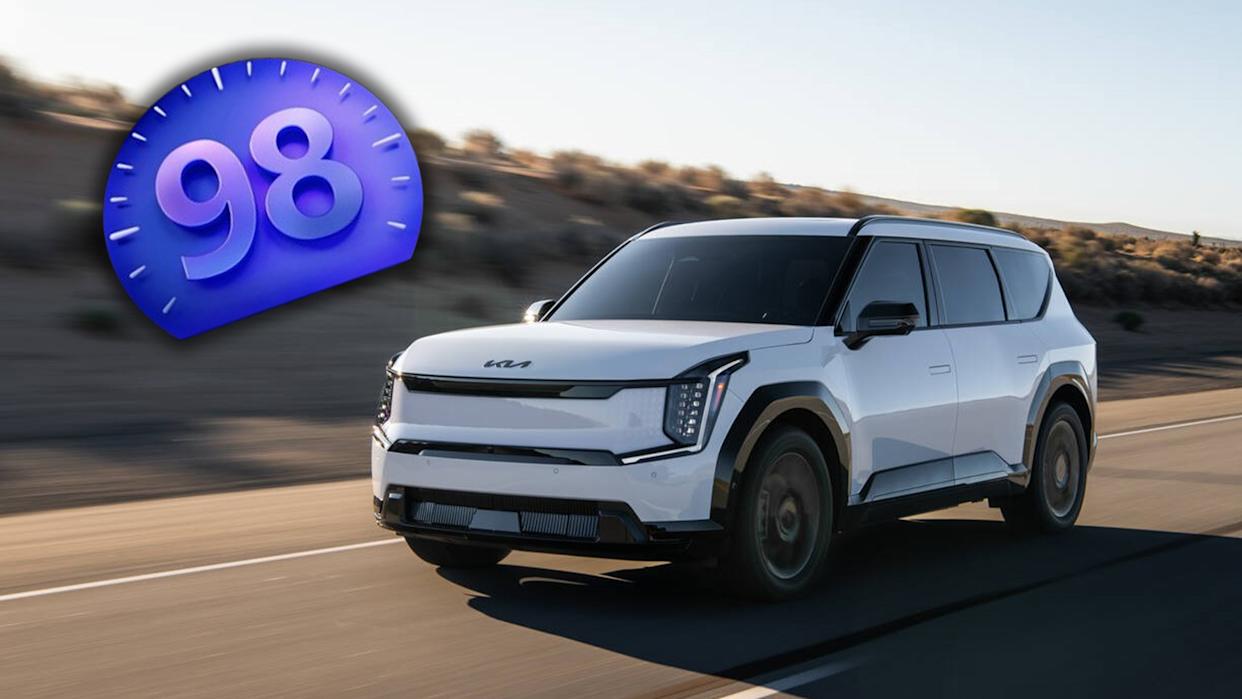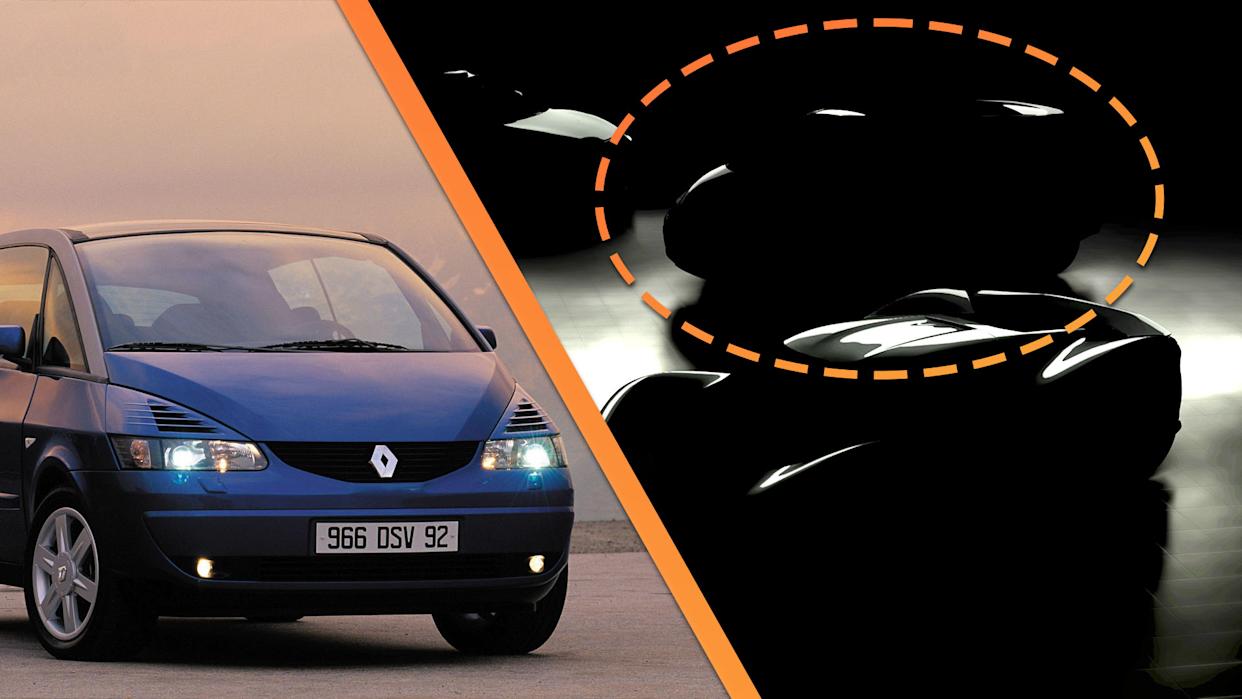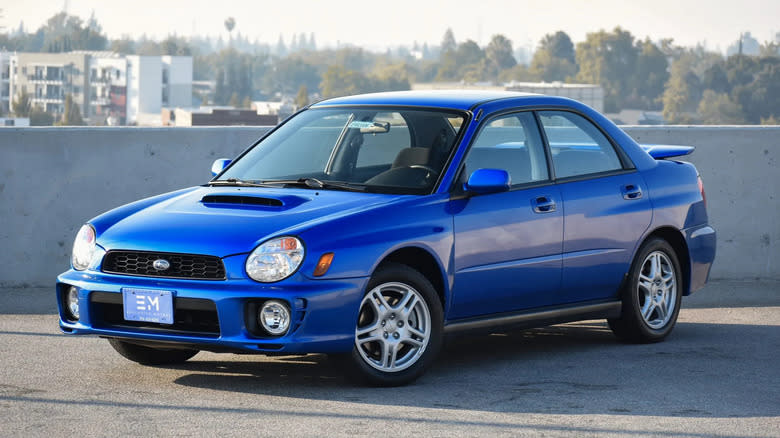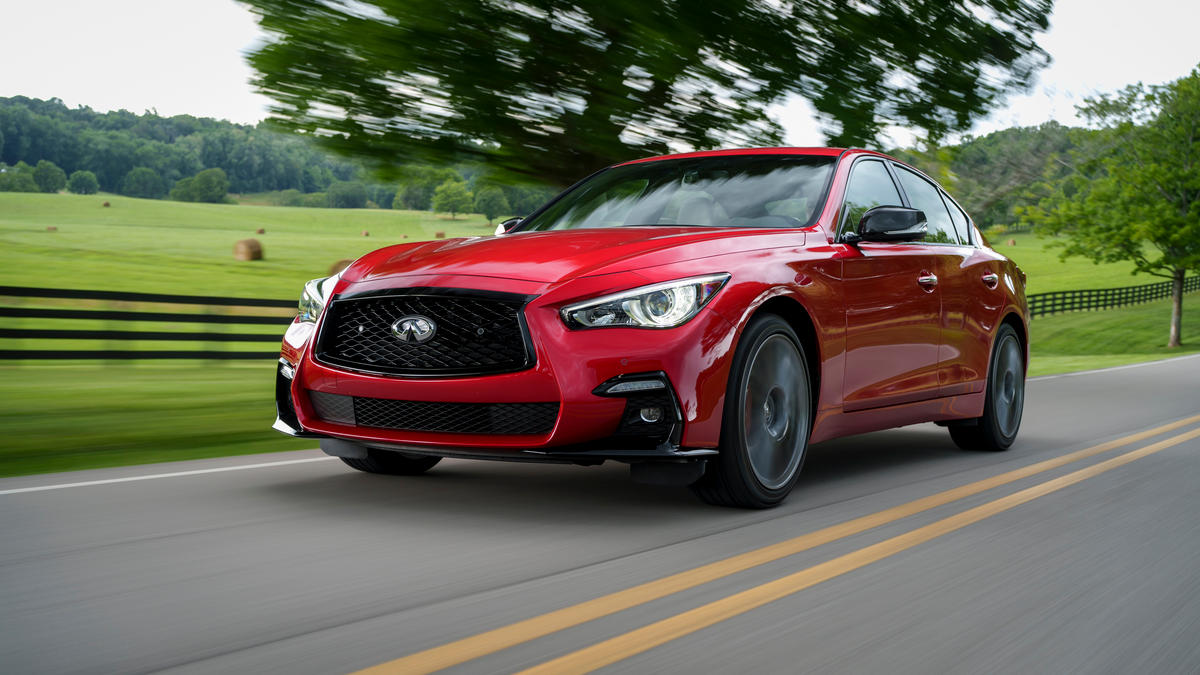
Governments across the world spend billions to encourage safe driving, but few are as successful as this Korean navigation app that’s rewarding caution in an exciting way. Tmap, the most popular app of its kind in South Korea, awards driving scores to users based on their in-car behavior. It claims to have prevented 31,366 traffic accidents over a three-year span, and 19 million drivers have participated in the trend so far. Seemingly, it’s working to rewire driver’s minds, helping them value safety over speed.
The Korea Herald writes that Tmap introduced the Driving Score program in 2016. It works rather simply, as users’ phones monitor acceleration, braking, cornering, and speed. The smoother and safer you drive, the higher your score, which can even net drivers auto insurance discounts. Of the 19 million users or so to date, a tad over 10 million have supposedly qualified for some sort of discount or credit on their policies.
“Sure, it’s part of the company’s PR, but that number is still a concrete, if imperfect, measure of how Korea’s embrace of gamified driving scores might be nudging behavior in safer directions,” says Chun Ji-yeon, senior researcher at the Korea Insurance Research Institute’s mobility center.
“It is one of the few score-based competitions in Korea where everyone benefits when scores rise,” Chun added. “Safer driving lowers accident risk, insurers save on claims, and drivers save money. It is a rare alignment of interests.”


The idea is that as drivers accumulate higher scores, they’ll climb the leaderboards and be rewarded in real time. It’s all baked into an app that millions of people use, so there’s little required from users to participate and reap the benefits. “When I got a perfect 100 last month, I posted it online like a medal,” said Tmap user Lee Ji-yeon. “It made me think more about how I drive, even when no one is watching.”
Road safety in South Korea is objectively improving, as evidenced by the numbers. Traffic accidents in the country dropped from 223,552 in 2014 to 198,296 in 2023, with fatalities per 100,000 people involved falling from 9.4 to 5.0. Seo Beom-kyu, head of the traffic safety division at the Korea Road Traffic Authority, says, “Enforcement and better technology are still the main drivers of change in road safety. But the private-sector model adds something new. It rewards good behavior, which government programs struggle to do at scale.”
Since Tmap introduced the feature in 2016, similar methods have been adopted by other apps as well as rental car company Socar. The love for safety is spreading, then, in a way that governments just can’t create. Maybe it’s time something similar happens here in the States.
Got a tip or question for the author? Contact them directly: [email protected]







Comments